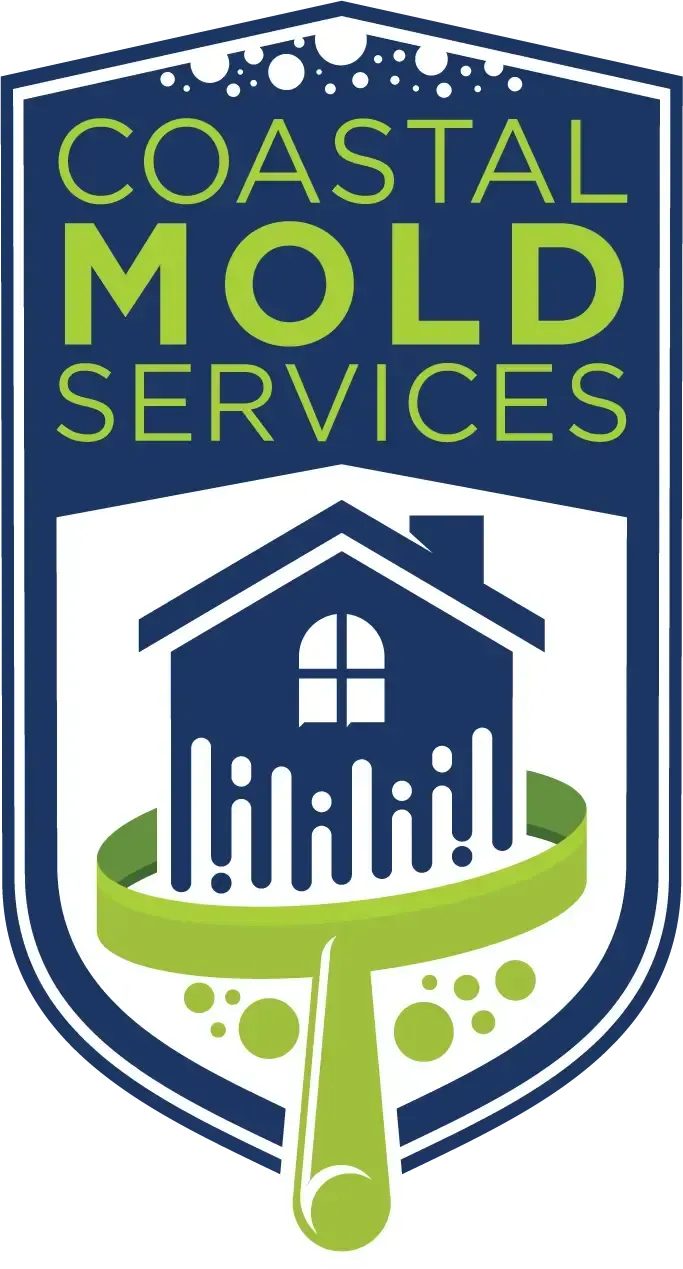Add your title here
This is the text area for this paragraph. To change it, simply click and start typing. Once you've added your content, you can customize its design by using different colors, fonts, font sizes and bullets. Just highlight the words you want to design and choose from the various options in the text editing bar.
This is the text area for this paragraph. To change it, simply click and start typing. After adding your content, you can customize it.
Frequently Asked Questions
-
What is mold?
Mold is a fungal growth that forms and spreads on various kinds of damp or decaying organic matter.
-
How do I create a 100% mold free space?
No building or home is 100% mold free. But there are methods that can significantly reduce spore levels within a structure.
-
How many types of mold are there?
There are over 100,00 types of mold. Not all types are a threat.
-
How do I determine if it's mold if I don't smell it?
Air sample testing is the best screening tool for finding, or ruling out hidden mold growth.
-
Where do I find mold if I smell a musty odor?
Begin your search in area that are often warm and moist, like a bathroom.
-
What are some ways I can recognize mold?
You can usually see or smell a mold problem. Mold can appear as a slight fuzzy, discolored, or slimy patches that increase in size as they grow.
-
How do I test mold if I find it in my house?
Air sample mold tests are the most accurate way to determine exposure to mold.
-
What does homeowner's insurance cover for mold damage?
If the mold in your residence was caused by something sudden or accidental, such as a bursting pipe or some other covered incident on your policy, you may be protected. However, if the mold has been around for weeks or longer, your policy likely won't cover the expense.
-
What will painting over mold do?
Mold will reappear if you paint over it without proper remediation.
-
What are common symptoms a person might experience with mold exposure?
Stuffy nose, wheezing, and red or itchy eyes, or skin. Some people may have more intense reactions.
-
How much mold exposure is harmful?
There is no general guideline for how much mold exposure is harmful. The effects of mold exposure with differ in each person.
-
What level of mold in the air is acceptable?
There are no health-based standards for acceptable levels of biological agents in indoor air. Concentration of mold spores should be below 500 sp/m3 is considered normal.
-
How many samples are required in order to verify a mold problem?
Amount of samples taken is depending on the size or sqft. of the space or dwelling.
-
Why is mold a concern?
Molds have the potential to cause health problems. Repeated exposure to mold can increase a person's sensitivity, causing more severe allergic reaction.
-
What are common areas where mold grows?
Mold will grow in places with a lot of moisture, such as around leaks in roofs, windows, or pipes, or where there has been flooding. Mold grows well on paper products, cardboard, ceiling tiles, and wood products.
-
When should I do a mold test after buying a home that was flipped?
If you're buying a new home, a mold inspection is never a bad idea. Regular home inspectors may note if they see mold, but they will not dive deeper than a visual once-over. A mold inspector can tell you if your potential new home has mold lurking somewhere and whether it needs to be removed by a professional.
-
How much more susceptible are newer homes to mold growth?
Mold is a common fungus that grows in the presence of water. While you might expect mold in older homes, it's recently become a problem with new construction as well. The increase in mold in new homes is largely due to building practices, even in so-called luxury homes.
-
What do I do when my home inspector finds mold?
Speak to a mold assessment or remediation company to get an accurate estimate of what fixing the mold issue will cost. A comprehensive solution must also include addressing the condition that allowed mold to spread in the first place, like the plumbing issue or roof leak.
-
How can cold weather kill mold?
Cold weather will not kill mold. Mold spores are opportunistic in the sense that they wait for the right conditions and then begin to spread. Extreme temperatures do not kill mold, but they can deactivate them.
-
What licensing should I look for if I'm looking to hire a firm to remediate mold?
State Mold Remediator License
-
How do I prevent Mold from returning if I had Mold remediation performed?
Moisture control and proper ventilation is the best way to keep mold from returning. Indoor humidity levels should remain at/or below 55%RH.


